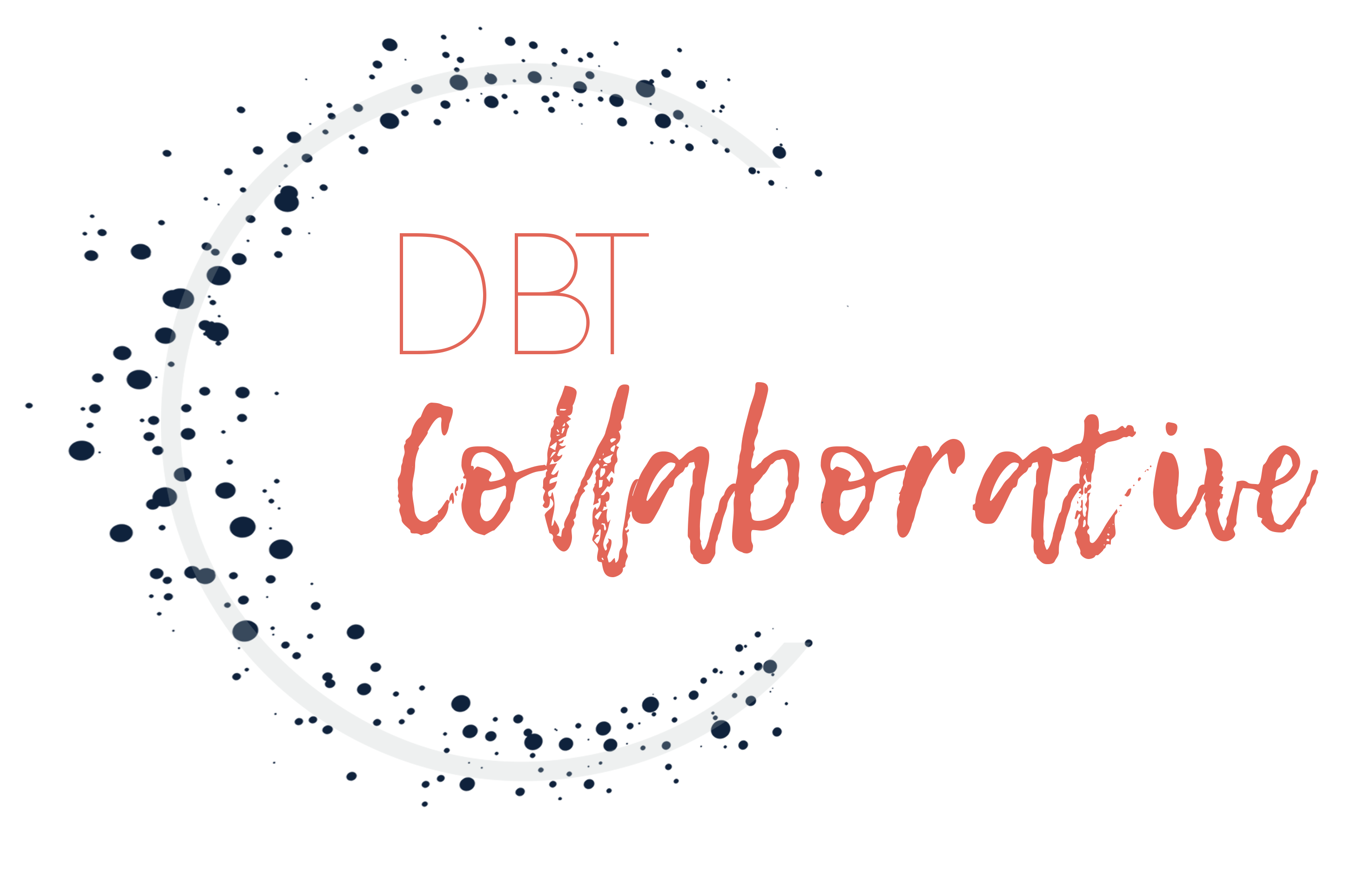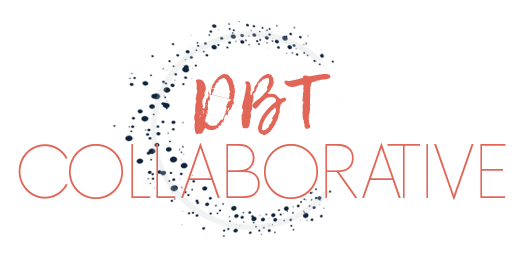Intervention Services
Dialectical Behavioral Therapy is a collaborative type of therapy built on a close relationship between the therapist and the client. The DBT Collaborative offers both DBT Therapy and Intervention services and support.
Dialectical Behavior Therapy (DBT)
DBT is an intensive therapy approach that focuses on creating your life worth living. That is, helping you to do what’s meaningful to you. Whether you want to return to school or live in the countryside, it uses an effective combination of a tailored treatment plan, skills (e.g., interpersonal communication, improving self-awareness, anxiety or depression management, tracking your changes), and real-time phone or text support with me to help you manage those overwhelming times when emotions make you self-injure, feel suicidal, or you’re just stuck.
We will spend a lot of time understanding what’s important to you and helping you to notice what’s getting in your way. I’ll help you to reach your goals by teaching you to balance getting through the tough moments with trying harder to change what’s not working in your life.
Originally developed for people with severe behavioral and emotional dysregulation (e.g., suicide, self- injury, diagnosis of Borderline Personality Disorder), a wealth of research has shown that DBT is also effective for helping people trying to manage a variety of challenges including substance dependence, anxiety, depression, PTSD, and eating disorders.
The Exposure Therapies
Exposure and Response Prevention (ERP)
Sometimes our brains torture us with never-ending thoughts about the disasters that might happen (e.g., “I might get cancer” or “What if I talk to those people I don’t know, say something embarrassing, and then they think I’m stupid?”), making us so afraid that we’ll do almost anything to get rid of the thoughts or the feelings (e.g., avoid touching doorknobs, avoid going to parties). We act as if these worries about what might happen are 100% true- they will happen. Because we put so much effort into avoiding we don’t get the chance to test what our minds tell us and we stay trapped in the cycle of worry, avoid, repeat.
Side-by- side and step-by- step, you and I will do a series of experiments designed to test these worries (“If I touch the doorknob, will I actually get cancer or is that just my mind telling me stuff again?” “If I talk to those people I don’t know will they really think I’m stupid or is my mind sending a false alarm?”). Coupled with techniques to help manage especially “loud” thoughts or the uncomfortable body sensations, the experiments help your brain learn that just because something might happen doesn’t mean it will happen. And in the off chance that it does, you can learn to handle it. Your thoughts don’t run your life, you do.
A well-researched and highly effective treatment, exposure and response prevention is the gold-standard treatment for Obsessive Compulsive Disorder (OCD) and related disorders (e.g., BDD and trichotillomania), as well as anxiety disorders.
Prolonged Exposure
Prolonged exposure is designed to help people with Post Traumatic Stress Disorder (PTSD) get free of recurring traumatic memories and the accompanying symptoms (panic attacks, feeling jumpy or on edge, sadness, dissociation).
During comfortably paced sessions, we’ll collaboratively design a treatment plan that takes a bird’s eye view of your life. You’ll learn to manage the painful memories and do the things you’ve been avoiding. You’ll also have access to resources that help loved ones support you while you learn to reconnect in relationships and with yourself.
To understand more about the use of exposure techniques, watch this informative TED Talk about managing intense fear.

Behavioral Activation
The gold-standard treatment for depression, behavioral activation helps people who are stuck in sadness or regret get back into their lives one activity at a time.
Behavioral activation requires tracking your daily routine to get a clear picture of the activities that you must do (e.g., pay bills, eat) and want to do (e.g., hang out with friends, your favorite hobby), but aren’t because you’re out of energy. After discussing what’s meaningful to you, we’ll decide on daily activities to be completed to slowly increase your energy level and your engagement in life.
Get Started!
From first to last, here’s how we’ll get started.
Explore
Check out the site. You'll find a lot of helpful general information here.
Contact
Use the contact form or email getstarted@
thedbtcollaborative.com to find out more.Talk
See if we're a good fit. Phone me at 925-289-9307 for a free 15-minute phone consultation.
Schedule
Schedule your intake appointment and fill out your first session paperwork (all with one click).
Meet!
Face to face. We'll talk in depth about what's bothering you and develop a plan.

